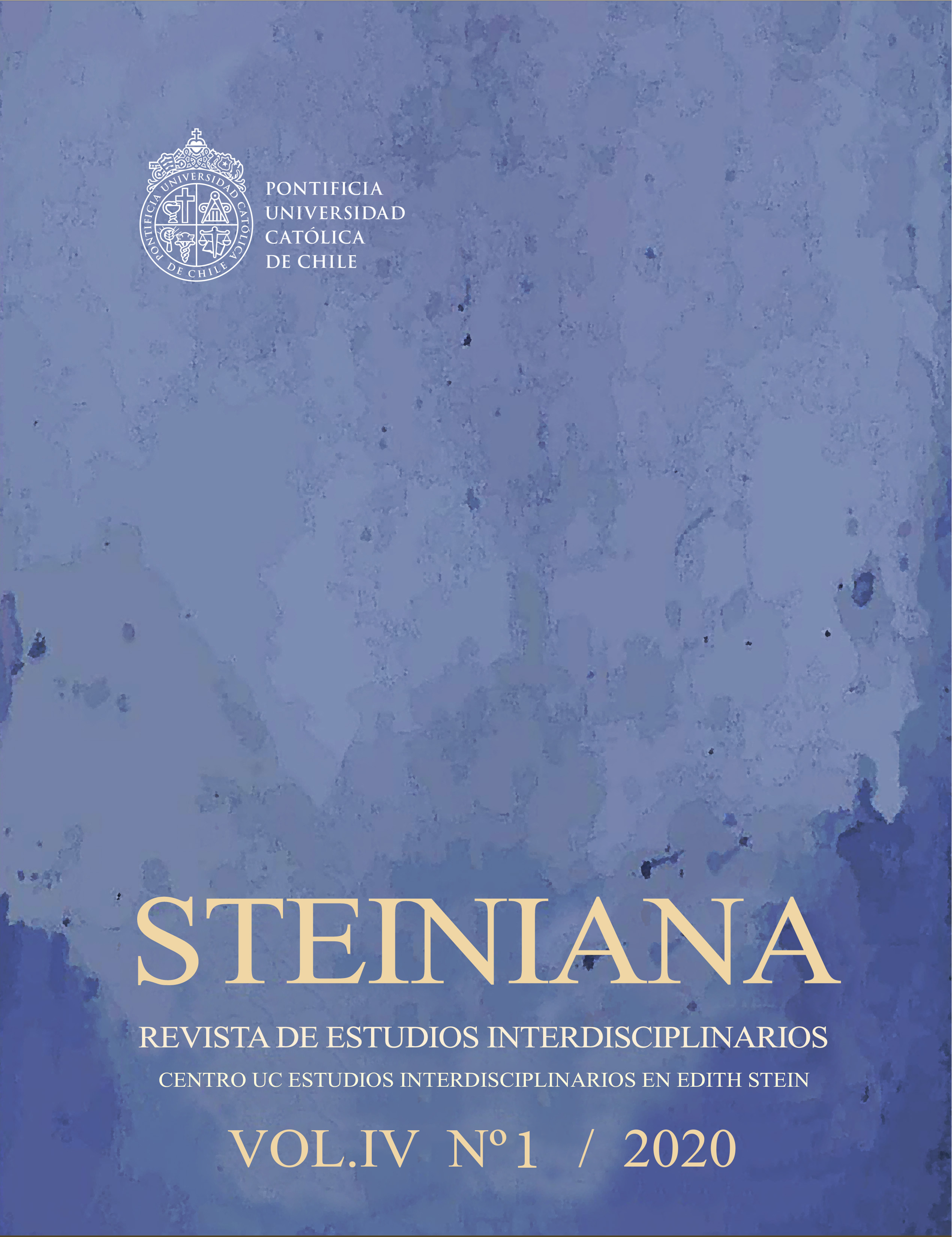Self-giving, otherness, and identity Three Radicalities of a trinitarian Ontology in Edith Stein
Main Article Content
Abstract
Since the beginning of Modern Times, scholastic metaphysics has been the object of diverse/different critiques. One of the most well-known objections is that the concept of substance, inasmuch as it is rooted in the Parmenidean concept of Being it is too rigid. The consequence is an inability to explain otherness, difference, gratuity, historical novelty, love, and donation. The beginning of the 20th century is characterized by an intense quest for a second ontological turn to include the aforementioned ideas as pillars of a new paradigm. Edith Stein’s quest is one of the many and varied attempts during this period. In developing a trinitarian ontology, she dares to cross the Rubicon, to go beyond the boundaries of reason. With this novel notion of being as self-giving, her approach allows the bringing together of three dimensions self-giving, otherness, and identity in a way that the increment in one of them translates into a directly proportional increment in the other two. In this article, we will analyze the arguments that make it possible to understand this approach.
Downloads
Download data is not yet available.
Article Details
How to Cite
Bertolini, A. (2020). Self-giving, otherness, and identity: Three Radicalities of a trinitarian Ontology in Edith Stein. STEINIANA: Revista De Estudios Interdisciplinarios, 4(1), 9–24. https://doi.org/10.7764/Steiniana.4.1.2020.11
Issue
Section
Articles

This work is licensed under a Creative Commons Attribution-NonCommercial-NoDerivatives 4.0 International License.

